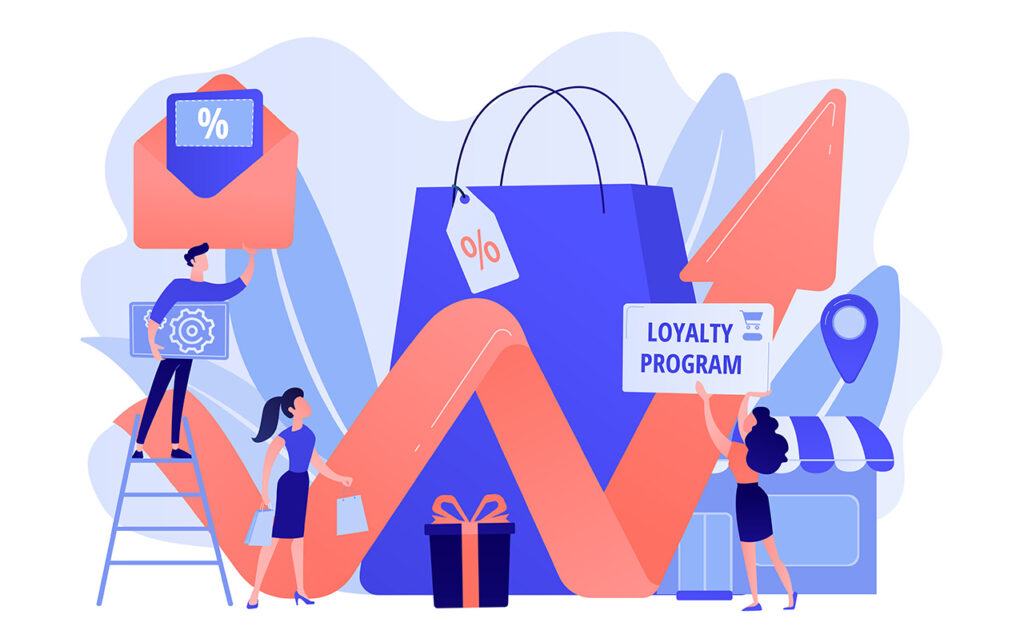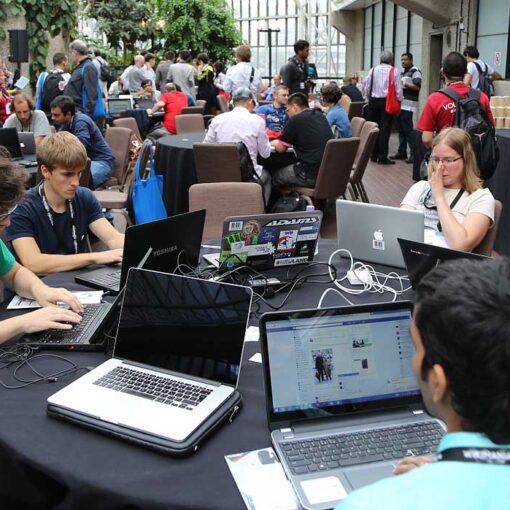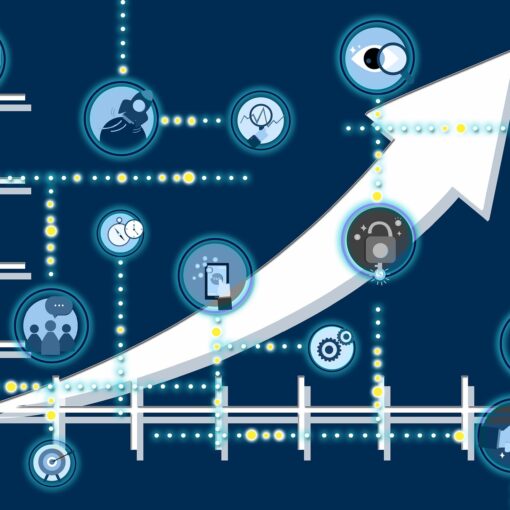The Pakistani consumers are not only pursuing bargains these days, but they are also seeking honesty, value and connection. These are how brands must evolve to stay afloat in this changing retail environment. A shopping application sends out a 50% discount message, and you walk away with products you never intended to purchase. Customers are becoming more impulse buyers with the help of online tools in just minutes (Bies et al. 2021).
Why discounts make us click ‘Buy Now’
The younger generation of consumers, especially students and young professionals, tend to make purchases driven by excitement and not as a need (Ngo et al. 2025). Promotions are entertaining, such as mini wins that are based on the bargaining culture of Pakistani people. However, trust issues have emerged. Hidden delivery fees inflated ‘before discount’ prices, or misleading deals have left many frustrated, some even deleting apps in protest.
Urban Pakistan’s love–hate relationship with discounts
Promotions spark both excitement and fatigue: they generate buzz and social engagement, but can also feel manipulative, prompting users to mute apps. In collectivist Pakistan, discount codes circulate in WhatsApp groups and flash-sale wins become shared celebrations (Yaqoob 2025).
This is consistent with findings from Virk’s (2025) thesis, which showed that flash sales and bundled offers strongly influence urban Pakistani consumers’ purchase behavior.
Different types of promotions resonate with different segments of consumers:
• Flash Sales (Daraz 11.11, Black Friday): These create a festival-like atmosphere among youth. In 2022, Daraz sold thousands of products within minutes, with social media turning the event into a celebration (Standard 2024). Ramadan, Eid, Independence Day, and wedding season offers still appeal to customers in authentic timing.
• Buy One Get One Free (BOGO): Highly effective for food and fashion, especially for budget conscious families. Pizza Hut and clothing brands BOGO offers to boost weekend sales. Some app-based deals appeal to digital-savvy- youth but often face skepticism from older shoppers.
From bargains to brand loyalty
Discounts cannot be excessively used at the expense of brand image and declining profit margins. Smart companies are now concentrating on the policies that promote repeat purchase and trust. This includes leveraging loyalty programs like the point systems of Daraz, pandapro from Foodpanda and discount system of Golootlo. Membership and cashback schemes are also key, promoting a large discount than the initial purchase to stimulate customer loyalty. Furthermore, achieving culture fit is necessary; in Pakistani’s collectivist culture, group and family-based loyalty programs are highly stable, even for small stores, through tools like WhatsApp lists and physical stamp cards.

A glimpse into the future
In the future, promotions will be more personal and open: AI will be used to make offers to shoppers based on their behavior, loyalty tokens in blockchain technology will allow them to secure and move rewards safely, and a more ethical marketing approach will place transparency instead of creating urgency. AI personalization introduces customized offers based on past shopping history, which will reduce unnecessary notifications.
Conclusion
Low prices will remain important in urban Pakistan, but trust and transparency now matter more. Flash sales excite youth, and BOGO offers bring families together, yet over-reliance on discounts risks consumer fatigue. The brands that will thrive are those balancing short-term excitement with long-term trust, adopting global innovations while staying rooted in cultural authenticity.
Authors
Muhammad Ahmad Virk is a final-year student in Business Administration at LAB University of Applied Sciences.
Sajal Kabiraj, PhD, works as a Principal lecturer at the Faculty of Business and Hospitality Management at LAB University of Applied Sciences.
References
Bies, S.M.T.A., Bronnenberg, B.J. & Gijsbrechts, E. 2021. How push messaging impacts consumer spending and reward redemption in store-loyalty programs. International Journalof Research in Marketing, 38(4), 1–23. Cited 10 Sep 2025. Available at doi:https://doi.org/10.1016/j.ijresmar.2021.02.001.
Ngo, T.T.A., Nguyen, H.L.T., Mai, H.T.A., Nguyen, H.P., Mai, T.H.T. & Hoang, P.L. 2025. Analyzing the role of customers’ experiences and emotional responses in shaping Generation Z’s impulse buying behavior on the Shopee video platform. PLOS One, 20(5), 1–10. Cited 10 Sep 2025. Available at doi:https://doi.org/10.1371/journal.pone.0322866.
Standard, T.B. 2024. Daraz’s 11.11 Sale: Millions of shoppers, big savings, and record growth. The Business Standard. Cited 10 Sep 2025. Available at https://www.tbsnews.net/economy/corporates/darazs-1111-sale-millions-shoppers-big-savings-and-record-growth-1013241 [Accessed 22 Sep. 2025].
Vectorjuice. 2025. Image. Freepik. Cited 10 Sep 2025. Available at http://www.freepik.com”>Designed by vectorjuice / Freepik
Virk, M.A. 2025. Promotions and Discounts Affecting Consumer Behavior in Urban Areas of Pakistan. Bachelor’s Thesis. LAB University of Applied Sciences. Available at https://urn.fi/URN:NBN:fi:amk-2025102826549
Yaqoob, L. 2025. The Influence of Pakistan’s 1960’S Fashion and Traditional Attire on Today’s Urban Consumer Buying Behaviour. International Journal of Innovative Science and Research Technology, 10(2), 1–12. Cited 10 Sep 2025. Available at doi:https://doi.org/10.5281/zenodo.14944169.




